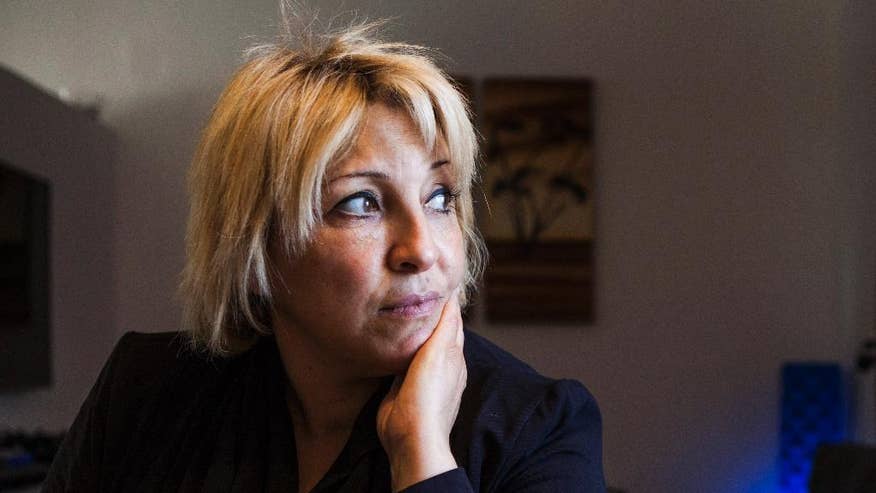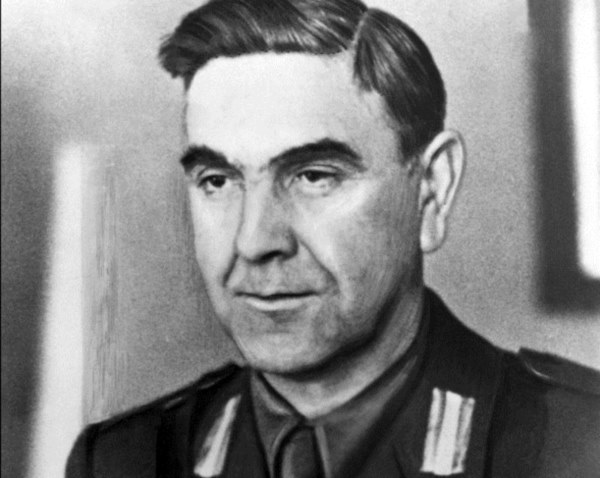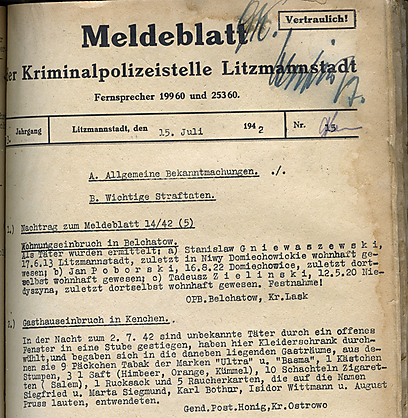Associated Press writer Daniel Estrin in Jerusalem contributed to this report.

This photo taken on Tuesday, Dec. 30, 2014 shows Anett Haskia at her house at Kinbutz Yehiam next to the city of Nahariyah, Israel. Haskia is breaking every possible stereotype by running for a parliament seat with a pro-settler, religious Jewish party opposed to a Palestinian state. (AP Photo/Dan Balilty) (The Associated Press)
KIBBUTZ YEHIAM, Israel – An Arab-Israeli Muslim woman is running for a parliament seat as a member of a hard-line religious Jewish party aligned with the West Bank settler movement and that opposes Palestinian independence.
The bid by iconoclast Anett Haskia, a 45-year-old hairdresser and mother of three, comes after she gave a series of bombastic television interviews in support of Israel’s military this summer during its war against Hamas in Gaza. Now she is the lone Arab vying for a spot on the Jewish Home party’s list ahead of its January primary.
Arab citizens of Israel, who make up 20 percent of the country’s population, strongly identify with Palestinians in the West Bank and Gaza. They generally oppose Israeli military actions, do not serve in the Israeli army and complain of deep-seated discrimination.
Haskia’s children, however, voluntarily enlisted in the Israeli army — including one son who served in an elite unit in Gaza during the summer war.
“Just because I was born in the Jewish state doesn’t mean a Jew is better than me,” Haskia recently told The Associated Press in Hebrew. “I sent the children to war, and nobody can tell me that I, Anett, the Arab, am second class.”
A self-described nonconformist, Haskia opposed her family’s wishes and broke cultural taboos by divorcing her husband and getting a collection of body piercings and tattoos.
Born in the mixed Arab-Jewish town of Akko in northern Israel, she lives with her children on an Israeli kibbutz, a rare Arab in one of Israel’s cooperative living communities. Her organization called Real Voice represents Arab high school graduates who want to serve in the Israeli army or in national service, like volunteering in hospitals. Such activities are required of Israel’s Jewish youth. The Israeli military puts the total of Israeli Arabs serving in its ranks at “several hundred.”
“On one hand they want to be soldiers or to do national service, and on the other hand they are scared of hostile attacks, not only from their families but from society,” Haskia said.
She opposes the Palestinian goal of establishing an independent state in the West Bank, Gaza Strip and east Jerusalem, lands Israel won in the 1967 war from Jordan, saying it would only prolong the conflict with Israel. She encourages investment in Israel’s Arab community instead.
“Today, I can’t say that the settlements are a blow to Israel, no. The settlements are a blessing for Israel,” she said.
It remains unclear whether Haskia will win a seat in parliament. Opinion polls forecast the Jewish Home winning some 16 seats, which would make it one of the largest factions in the 120-member Knesset. But party officials say competition in the upcoming primary will be fierce, making it difficult for her to secure a place high enough on the party’s list to guarantee a seat.
Haskia says her unorthodox views have cost her some clients, while gaining her some unlikely supporters.
“Those who embrace me, the extremists who used to write me, ‘We hate Arabs’ or ‘We don’t want Arabs,’ today call me their sister,” she said.
 Centrum Wiesenthala potępia odprawienie mszy w rocznicę śmierci Ante Pavelicia
Centrum Wiesenthala potępia odprawienie mszy w rocznicę śmierci Ante Pavelicia




